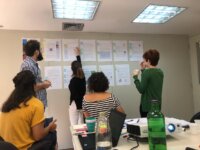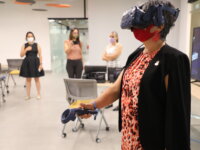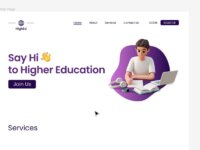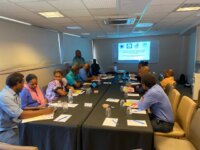Case Study
Creating public value: New Personnel Requirements Plan and innovative recruitment methods.
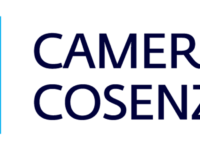
The innovation strategically aligns the Chamber of Commerce of Cosenza's (Camera di Commercio di Cosenza) personnel approach with its evolving goals and societal needs. It introduces a fully innovative, multidimensional recruitment process, impacting professional profiles, job announcements, selection processes, and communication strategies. This benefits the Chamber by enhancing recruitment efficiency and attracting qualified candidates, seemingly distant from institution but capable of…

